
Li Xiaopeng (second left), minister of transport, attends a news conference on improving the nation's transport system in Beijing on Monday. (Photo/China Daily)
China will carry out further infrastructure construction in the transport sector this year, extending the networks of railways, freeways and waterways, as well as building more airports, Transport Minister Li Xiaopeng said.
This year, China is expected to build more than 3,300 kilometers of railways, build or renovate more than 8,000 km of freeways, and establish eight commercial airports, Li said at a news conference on Monday.
China's top leaders have paid great attention to transport infrastructure construction and drawn up plans accordingly, said Dai Dongchang, vice-minister of transport.
Many transport projects have been included in China's major projects during the 14th Five-Year Plan (2021-25) period, he said.
Two guidelines about transport planning were released by the central government last year and in 2019.
"The guidelines have mapped out China's transport development over 30 years," Li said.
China is known for its strong infrastructure construction capability, building the world's longest high-speed railway network and many big bridges, which have greatly improved people's livelihoods.
China has more than 40,000 km of high-speed railways, 168,000 km of freeways as well as 248 airports for commercial flights.
The plan released last year said a more convenient and high-quality transportation network will be built by 2035, allowing most people to have access to a national highway within 15 minutes, a freeway in half an hour and a railway in an hour.
The plan set the goal of building a comprehensive transportation network by 2035, when China will basically realize socialist modernization.
A more convenient logistics network will also be built, in which parcels will be delivered to customers in China in only one day, to neighboring countries in two days and reach major cities around the world in three days.
By 2035, a comprehensive transportation network of about 700,000 km will be established. The network will be convenient, cost-effective, green, intelligent and safe, according to the guideline.
The network will comprise about 200,000 km of rail tracks, 460,000 km of roads and 25,000 km of waterways-with 27 coastal ports and 36 inland river ports-and about 400 civil aviation airports and 80 logistics hubs.












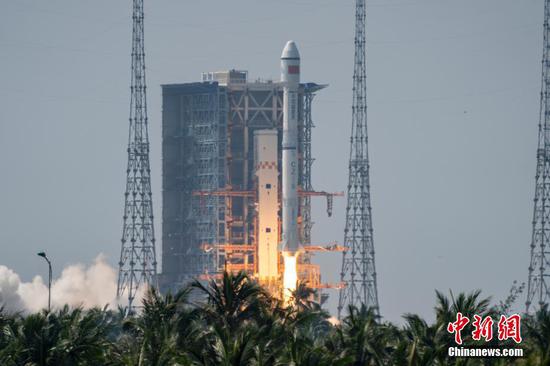
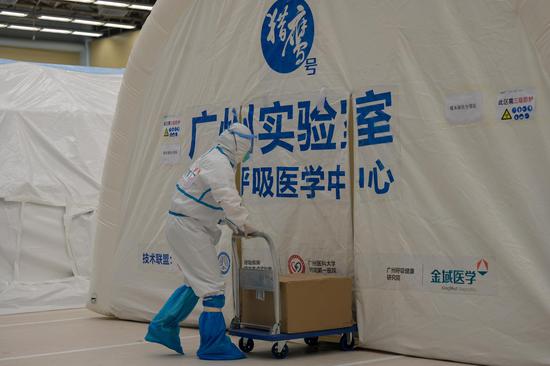
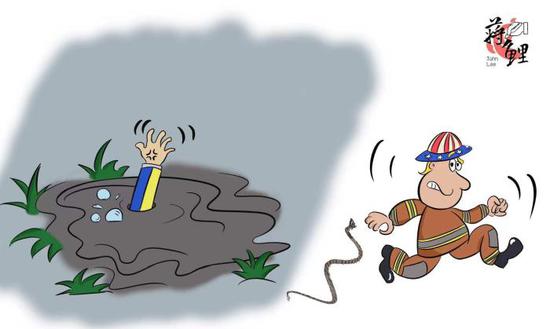


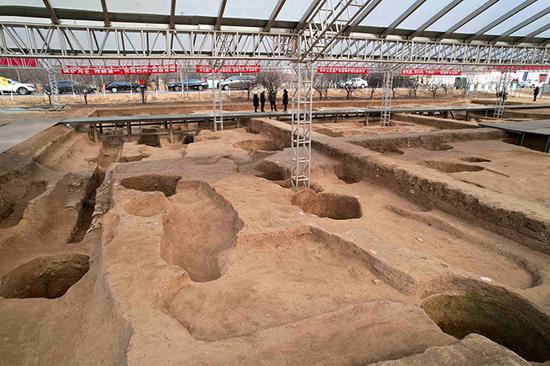

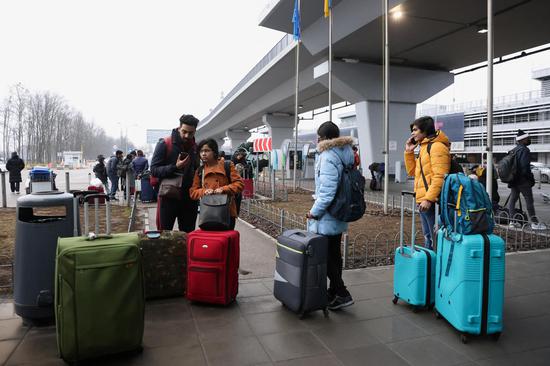

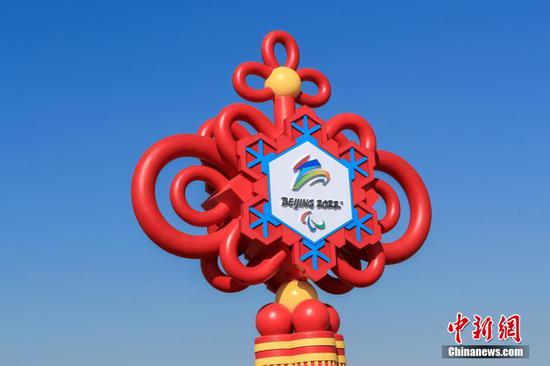
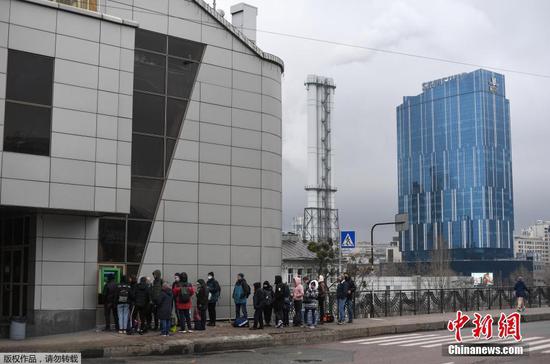

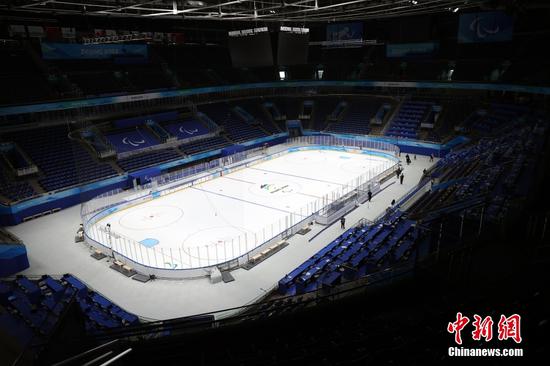


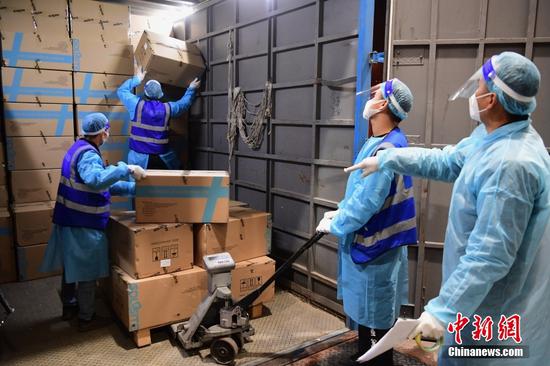


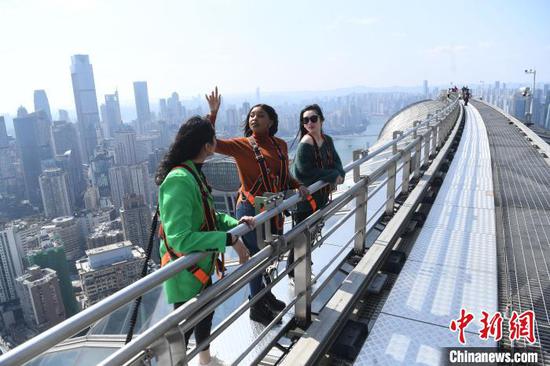

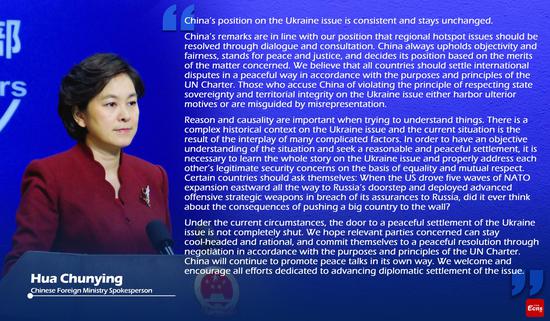

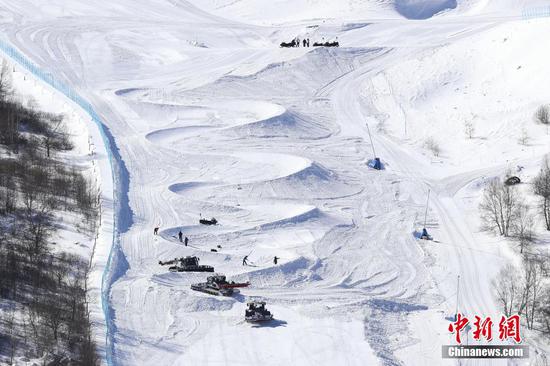
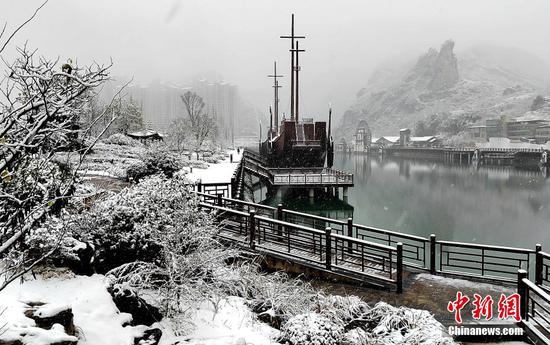



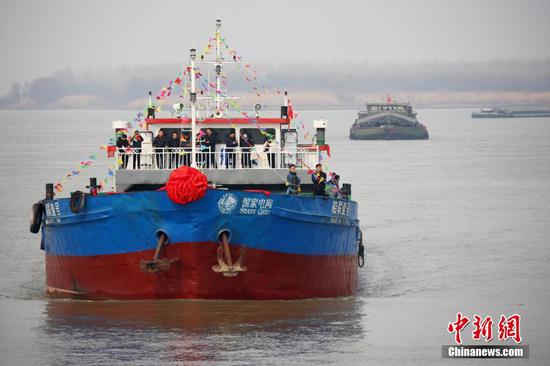
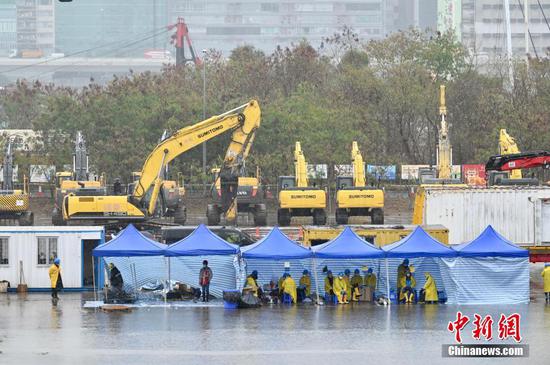



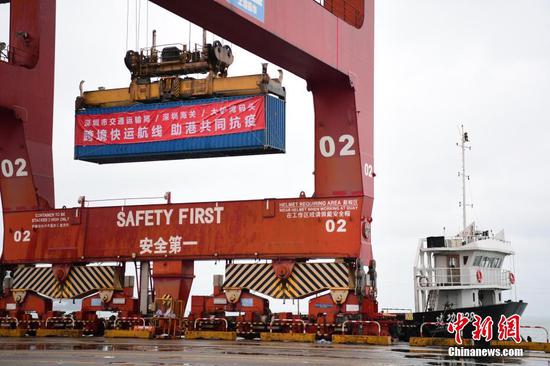





 京公网安备 11010202009201号
京公网安备 11010202009201号